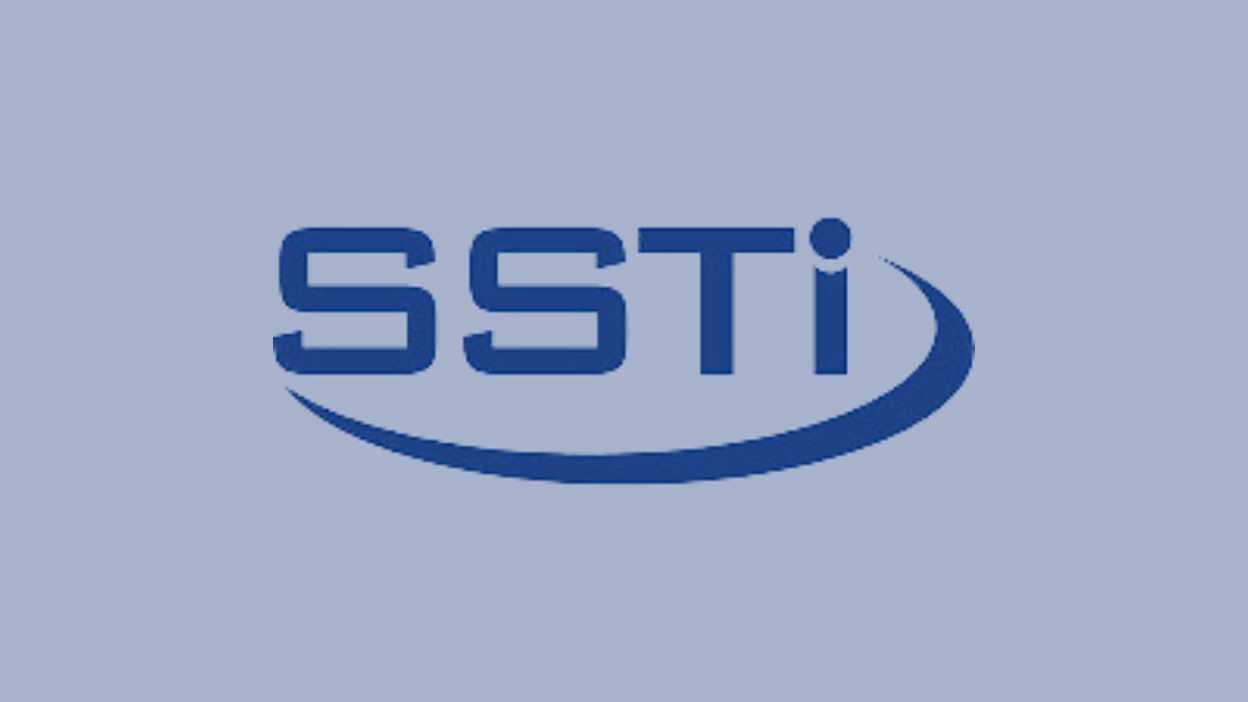
SSTI publishes analysis of FY24 federal budget for tech-based programs
Some of the higher profile programs received decreased funding or nothin at all.
The State Science and Technology Institute (SSTI) has released an analysis of the puts and takes for technology-based programs in the federal budget that just passed Congress and was signed into law by the President. The organization notes that “any tech-based economic development (TBED) programs are seeing level funding in FY 2024, with some of the most high-profile programs experiencing decreases.”
Here’s that summary.
Economic Development Administration (EDA)
In FY 2024, EDA received $400 million for programs, a decrease from $430 million in regular FY 2023 appropriations, which were further supplemented by $1,118 million.
Program highlights:
- Tech Hubs—$41 million in FY 2024 (FY 2023: $41 million in regular appropriations and $459 million in supplemental funds);
- Build to Scale—$50 million (FY 2023: $50 million);
- STEM Talent Challenge—$2.5 million (FY 2023: $2.5 million);
- Good Jobs Challenge—$25 million (FY 2023: $0); and
- Recompete Pilot Program—$0 (FY 2023: $41 million in regular appropriations and $159 million in supplemental funds).
National Science Foundation (NSF)
In FY 2024, NSF received $9.1 billion in total funding, which represents both a modest increase from the FY 2023 regular appropriation of $8.8 billion and a significant decrease from the $9.9 billion level the agency reached with supplemental funds. This year’s explanatory statement accompanying the appropriations bill provides a few comments about the Technology, Innovation, and Partnerships Directorate or its programs. Regarding the Directorate’s “Regional Innovation Engines” program, the report specifies that the Senate’s proposal of $200 million is not provided and that the committee “notes” the recent Type-2 awards. At this time, it is not clear what this will mean for a potential FY 2024 competition. Other NSF TBED programs, such as Partnerships for Innovation, Accelerating Research Translation, and I-Corps, are not specifically addressed in the appropriations bill or explanatory statement.
Notable recommendations from the appropriations committee include encouraging the agency to support the National AI Research Resource Pilot and National Quantum Information Science Research Centers and using Established Program to Stimulate Competitive Research (EPSCoR) awards to invest in statewide research capacity.
National Institute of Standards and Technology (NIST)
NIST received $1.5 billion in FY 2024, a decrease from its FY 2023 regular appropriation of $1.6 billion—but entirely due to a decrease in its construction budget. The agency is also not receiving supplemental funds that it received in FY 2023. The bill’s explanatory statement encourages NIST to support Critical and Emerging Technologies, particularly within AI, quantum information science, biotechnology, and advanced communications. Program highlights:
- Manufacturing Extension Partnership—$175 million in FY 2024 (FY 2023: $175 million in regular appropriations and $13 million in supplemental funds); and
- Manufacturing USA—$37 million (FY 2023: $37 million in regular appropriations and $14 million in supplemental funds).
Department of Energy
The Department of Energy received $50.2 billion in FY 2024, an increase from its base FY 2023 appropriation of $46.2 billion (although nearly all of the difference is due to canceling a prior recission of funds to the strategic petroleum reserve account and the National Nuclear Security Administration). The agency’s Office of Technology Transitions is receiving $20 million (a decrease from $22.1 million in FY 2023) with the following specifications:
- $2.5 million for the Energy Program for Innovation Clusters; and
- $3.5 million for a non-governmental Foundation for Energy Security and Innovation (of which $1.5 million is for administration and $2.0 million for its activities).
The Clean Energy Demonstration program is receiving $50 million (a decrease from $89 million), and the bill’s explanatory statement specifies that this funding is for projects previously selected by the department and for demonstration planning and analysis.
Additional TBED program notes
- The U.S. Department of Agriculture’s Rural Innovation Stronger Economies (RISE) competition received no funding in FY 2024 (FY 2023: $2 million).
- The National Aeronautics and Space Administration (NASA) is receiving $10 million for its regional economic development initiative.
- The Minority Business Development Agency (MBDA) received $68.3 million (FY 2023: $70 million).
- The Appalachian Regional Commission received level funding of $200 million, of which $15 million is specified for economic development, manufacturing, and entrepreneurship in the northern part of the region.
Like what you've read?
Forward to a friend!

